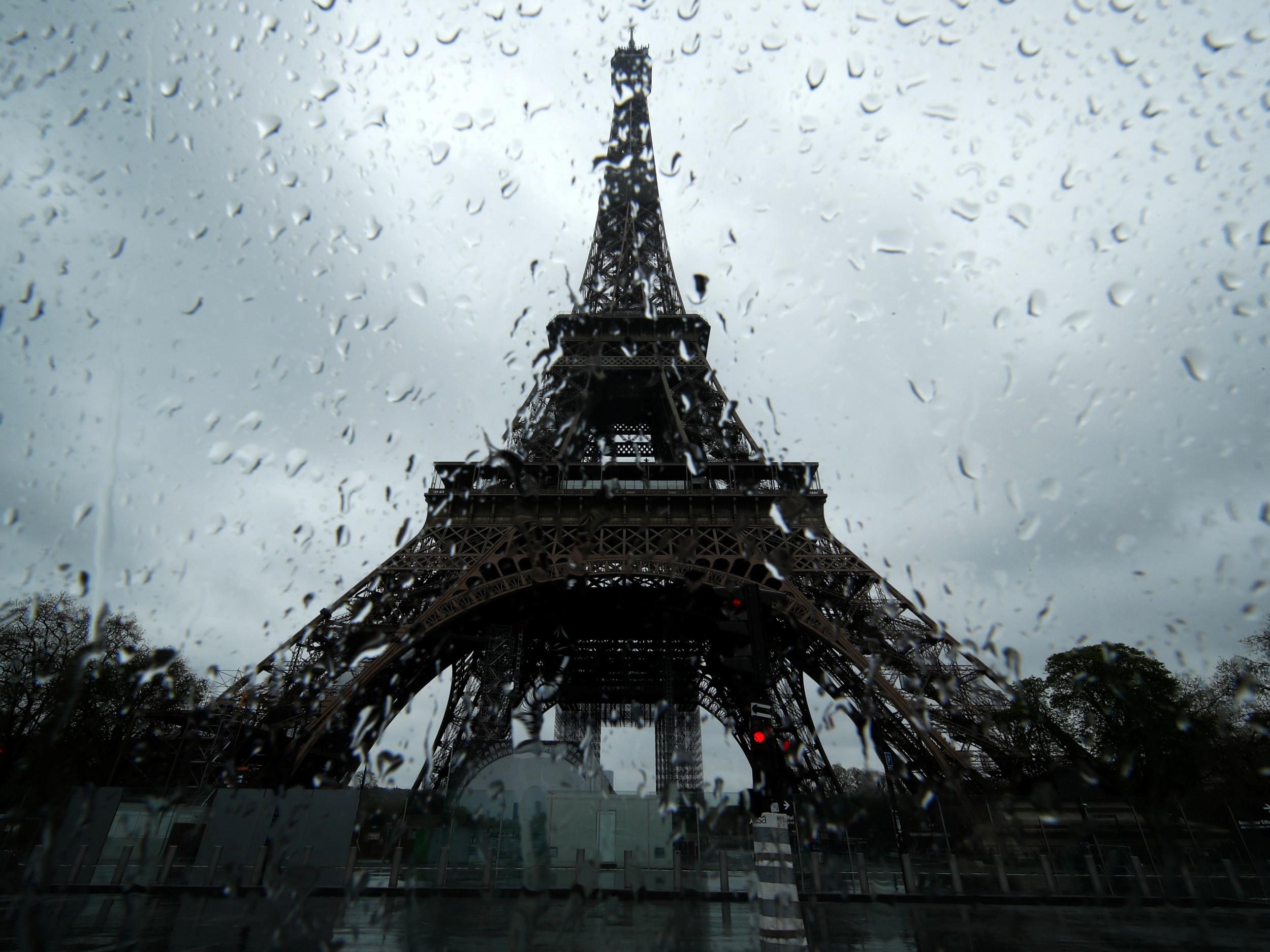Coronavirus: France lockdown extension will plunge economy deeper into recession, finance minister warns
Strict containment measures have caused the sharpest economic slowdown since the Second World War

Your support helps us to tell the story
From reproductive rights to climate change to Big Tech, The Independent is on the ground when the story is developing. Whether it's investigating the financials of Elon Musk's pro-Trump PAC or producing our latest documentary, 'The A Word', which shines a light on the American women fighting for reproductive rights, we know how important it is to parse out the facts from the messaging.
At such a critical moment in US history, we need reporters on the ground. Your donation allows us to keep sending journalists to speak to both sides of the story.
The Independent is trusted by Americans across the entire political spectrum. And unlike many other quality news outlets, we choose not to lock Americans out of our reporting and analysis with paywalls. We believe quality journalism should be available to everyone, paid for by those who can afford it.
Your support makes all the difference.The extension of France’s coronavirus lockdown means the country’s economic outlook is even more dire than previously projected, the government has warned.
Bruno Le Maire, the finance minister, said the French economy is expected to shrink by 8 per cent this year instead of the 6 per cent stated last week.
Figures from the Bank of France previously showed that the impact of the Covid-19 pandemic resulted in the sharpest economic slowdown since the Second World War and caused the country to enter recession.
France went into lockdown on 17 March for 15 days, forcing all non-essential workers to stay at home unless they were taking exercise or buying food or medical supplies. The initial period has been extended twice, most recently on Monday by Emmanuel Macron.
The French president said in a televised address that strict lockdown measures would remain in place for a further four weeks until 11 May. After this date, schools and some workplaces would reopen but social gatherings, leisure activities and international travel would remain banned until at least mid-July.
In the first two weeks of the lockdown, economic activity in France fell by nearly a third. Among the hardest hit industries of the eurozone’s second-biggest economy were construction, tourism and transport.
A €100bn rescue package to help the economy recover was announced last week, offering more than 900,000 firms a lifeline to defer tax and payroll charges.
“If we need to do more, then we will do more. We will be there,” Mr Le Maire told BFM TV on Tuesday.
There have been more than 130,000 confirmed cases of coronavirus in France, resulting in nearly 16,000 deaths. Only the US, Spain and Italy have recorded more infections of the deadly virus.
France’s public health authority reported that patients being treated in intensive care for Covid-19 fell for a fifth consecutive day on Monday, suggesting that the peak of the outbreak may have been reached.
The positive trend appears to justify the strict containment measures, however medical experts have warned that ending them early could result in a second wave.
Join our commenting forum
Join thought-provoking conversations, follow other Independent readers and see their replies
Comments